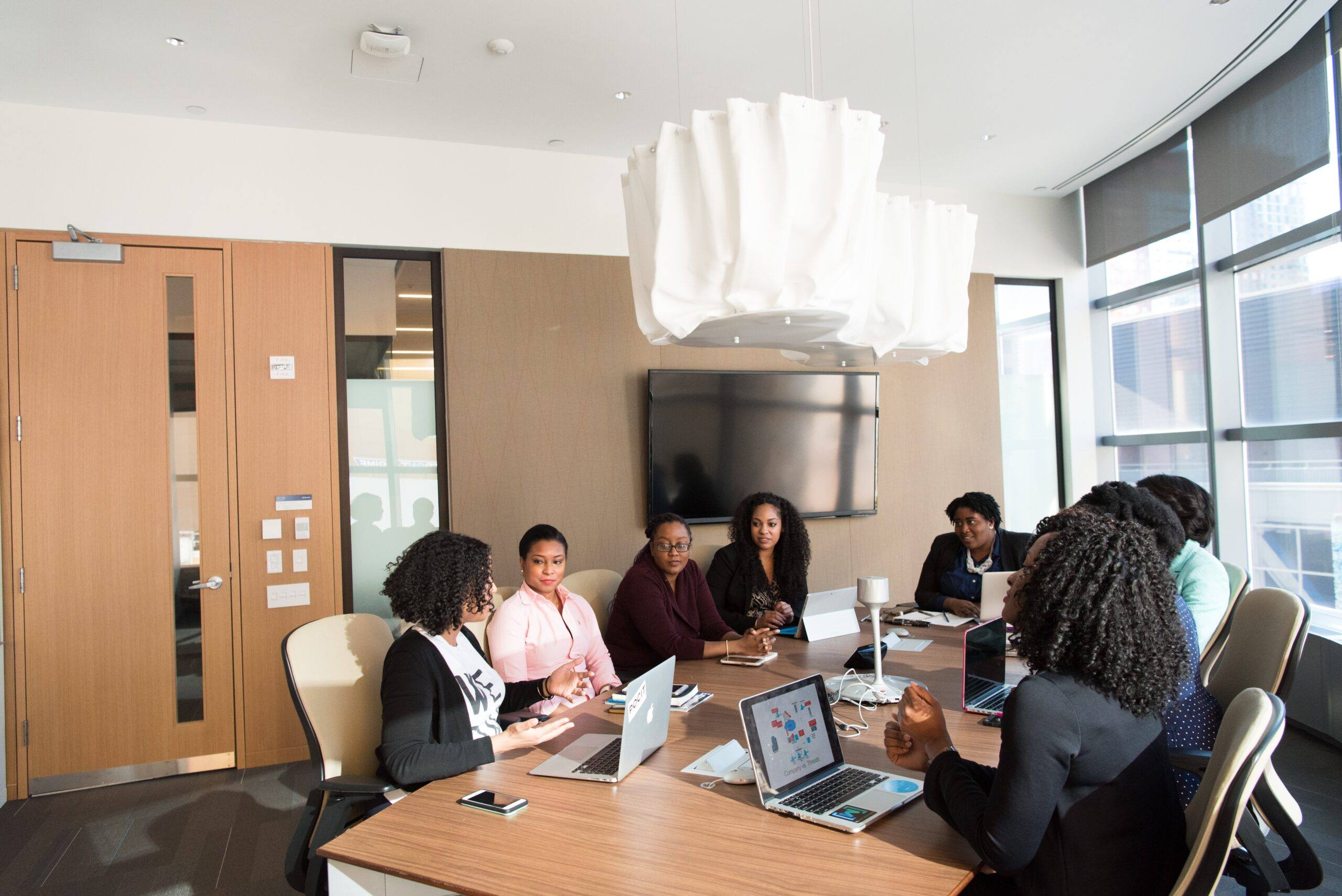Key Insights
- As companies across the U.S. aim to diversify their workforces, recruiters should look to HBCUs for talent
- Gilead Sciences sends employees to build a relationship with HBCU officials who can then recommend star students for internships and fellowships
- In Apple’s case, they are helping dozens of HBCUs teach coding for iOS apps and students who complete the full Apple curriculum at their school are then eligible for an internship
Adapted from this week’s HBCU newsletter. Sign up NOW to make sure you get exclusive HBCU videos, news and analysis in your inbox every Wednesday morning.
Last summer, in the wake of the protests sparked by George Floyd’s murder, companies across the U.S. made statements about diversifying their workforces and hiring more Black people. To make sure that those goals are met, recruiters should be looking at historically Black colleges and universities for talent.
HBCUs play an outsized role in educating Black students. In 2015, HBCUs made up just three percent of the nation’s four-year colleges but accounted for 15 percent of all bachelor’s degrees earned by Black students.
“It’s an untapped resource that recruiters were never looking at before,” Kwasi Platt, founder of Plattinum Agency, a staffing agency for HBCU graduates, told The Plug.
More companies are putting resources into HBCUs. This is how they are working to build recruiting pipelines:
Biopharmaceutical giant Gilead Sciences is working to build specific, personal relationships with HBCUs to facilitate recruitment. The company uses employees as liaisons to build relationships with officials at nine HBCUs it recruits from. Sometimes these liaisons are alumni of the school they are now working with for Gilead. The HBCU officials can then recommend their star students for internships and fellowships.
Gilead also hosts special events at the partner HBCUs to get directly in front of students.
Health care company Novartis will be investing $20 million towards scholarships, mentorship, internships and faculty research grants at about two dozen HBCUs. Its employees will also mentor up to 400 HBCU students over the next decade.
The students will then be encouraged and supported to apply to the company’s paid internship program, thus creating a recruiting pipeline for Novartis.
But the truth is, because HBCUs have been systematically underfunded, sometimes effective partnership looks like helping elevate curriculum and resources so students are up to par with what companies are looking for — this is exactly what Apple and Mastercard are doing.
In Apple’s case, they are helping dozens of HBCUs teach coding for iOS apps. Students who complete the full Apple curriculum at their school are then eligible to have an internship with the tech giant.
At Mastercard, not only is the company putting millions of dollars into a new Center for Black Entrepreneurship at Morehouse College and Spelman College, but it will also be involved in the center long-term and use it as a pipeline to get entrepreneurs into Mastercard’s own entrepreneur program, Start Path.
Then there are recruiting and talent organizations like the Plattinum Agency and HBCU 20×20, which work with companies big and small to connect them with HBCU students and grads looking for jobs.
Kwasi Platt is a graduate of Savannah State University and grew up around HBCUs all his life. His mother worked at Lincoln University in Pennsylvania and he and his five brothers all went to HBCUs.
From that experience, Platt thinks recruiters need to know that HBCU students are likely going to be different than what they may think.
“They’re going to be motivated, number one,” Platt said. “They’re going to be creative and innovative and think outside of the box, more than what you’re probably used to.”








